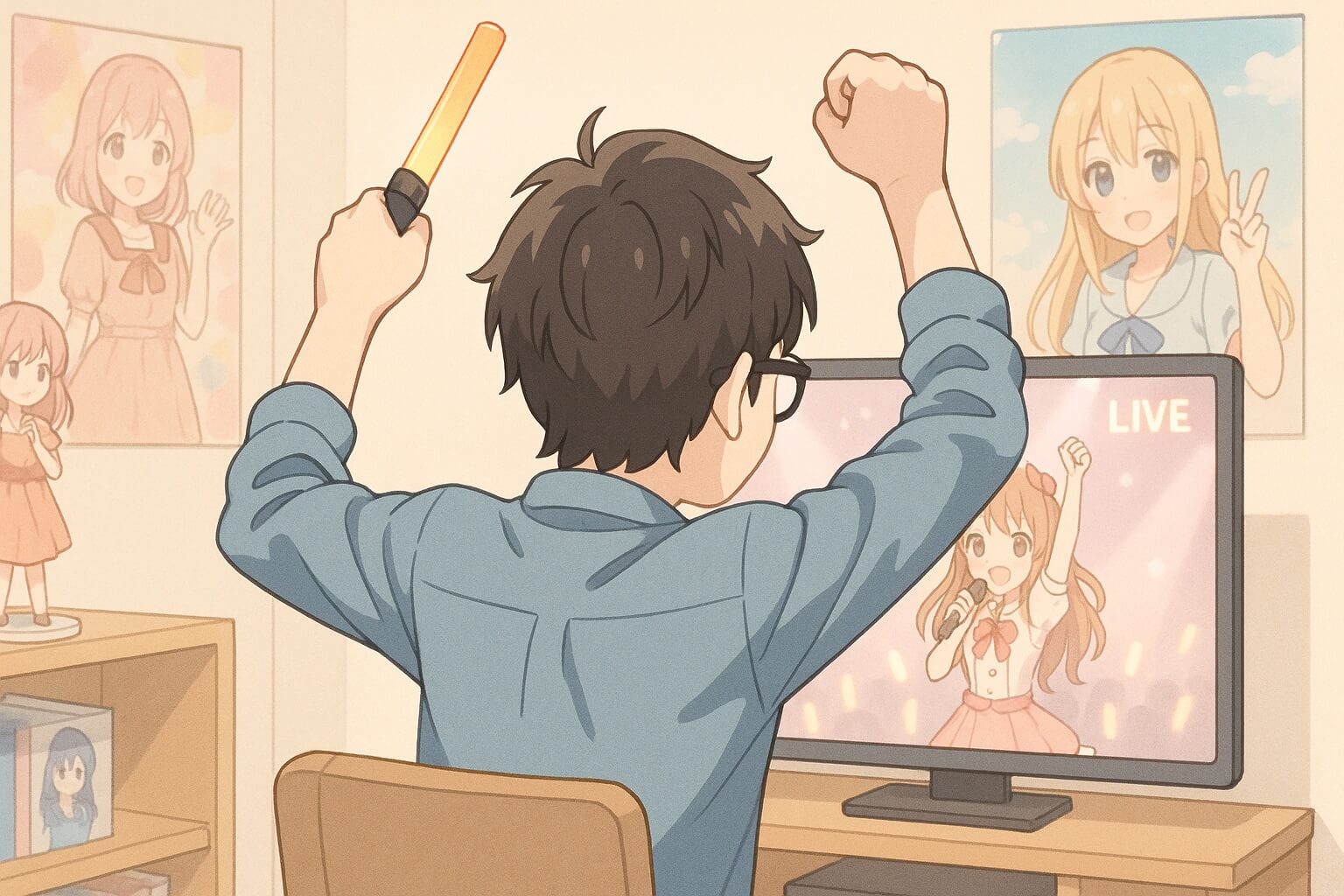
You’ve likely heard the term otaku if you’ve spent any time around anime or manga fans. But what does it actually mean, and why does it carry different connotations in different contexts?
What Does “Otaku” Mean?
Otaku (おたく) is originally a Japanese word that literally translates to “your home,” but its meaning has significantly evolved over time. Today, the word primarily refers to individuals deeply interested in various aspects of popular culture, especially anime, manga, video games, and related fields.
In the West, otaku has largely shed its negative associations and is often proudly embraced by anime and manga enthusiasts. In Japan, however, the term may still evoke stereotypes of obsessive or overly enthusiastic fans.
History of Otaku Culture
Otaku culture became prominent in Japan during the late 1970s and early 1980s, driven by the booming anime and manga industry. It entered mainstream discourse in the 1980s through anime magazines, comic conventions, and hugely popular shows like Mobile Suit Gundam.
Since then,Otaku culture expanded into a global phenomenon throughout the 1990s and 2000s, facilitated by growing internet access and international hits such as Dragon Ball, Naruto, and One Piece.
Types of Otaku
Otaku fans encompass a broad spectrum of interests. Some common types include:
- Anime Otaku: Fans who watch, collect, and endlessly discuss anime television series.
- Manga Otaku: Enthusiasts who avidly read, collect, and discuss manga.
- Video Game Otaku: Gamers deeply involved in playing, mastering games, and collecting related merchandise.
- Idol Otaku: Fans dedicated to idol groups or pop stars, actively attending concerts and enthusiastically supporting their idols.
- Tech Otaku: Individuals passionate about technology, gadgets, robotics, and innovation.
- Cosplay Otaku: Fans who express their passion by dressing up as their favorite anime, manga, or video game characters at conventions and events.
The Global Influence of Otaku Culture
Otaku culture is no longer confined to Japan. It has expanded internationally, influencing entertainment, fashion, and mainstream media globally. International conventions like Anime Expo in the United States, Japan Expo in France, and Comic-Con events around the world highlight its thriving global community.
Embracing the Otaku Identity
Being an otaku today is increasingly viewed positively—a celebration of fandom, creativity, and community. The culture fosters friendships among fans who bond deeply through shared interests, becoming a vibrant part of contemporary global pop culture.
Whether you’re already an otaku or simply curious, exploring this unique subculture can introduce you to a diverse, creative, and passionate world.



